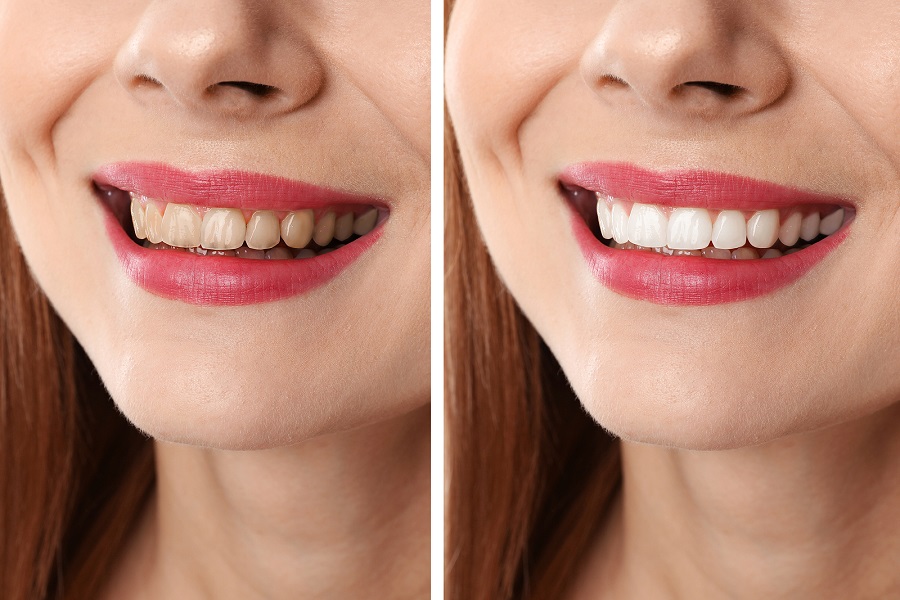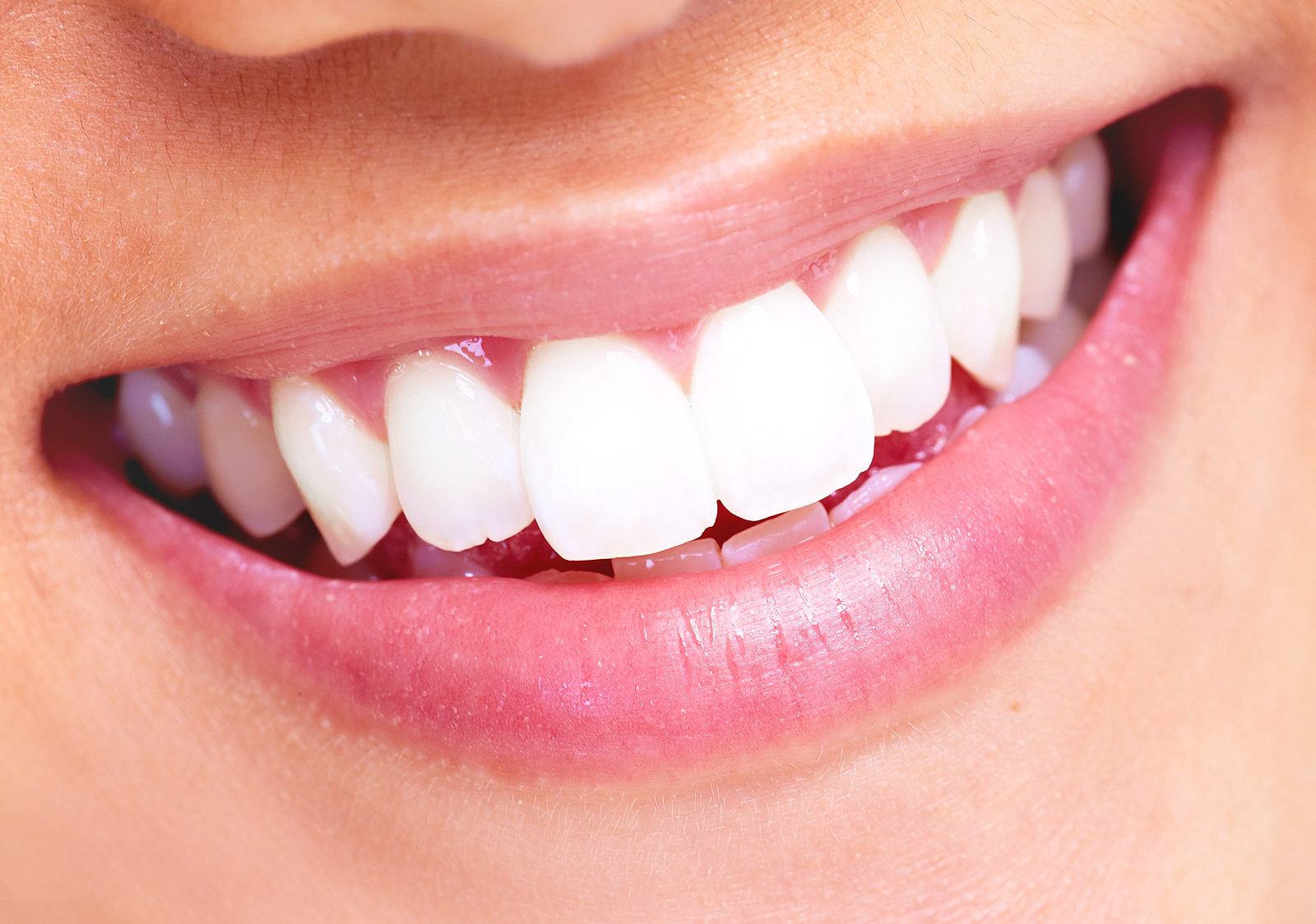4 THINGS TO KNOW ABOUT TEETH BONDING
Your teeth are extremely durable and strong. They can chew through meats, vegetables, and even hard ice cubes. This is made possible thanks to your enamel, which is one of the strongest parts of your body. Still, that doesn’t mean your teeth are indestructible. In fact, cracks and chips can happen at any time and are especially common for people with bruxism or those who consume acidic foods and beverages. At Biltmore Commons Dental Care, we treat patients with chipped and cracked teeth all the time. One of our go-to treatments is teeth bonding. This procedure helps restore a patient’s smile while preventing further damage to their tooth. So, if you’re living with tooth damage and think teeth bonding might be right for you, here is what you need to know.
The main things to know about dental bonding
1. TEETH BONDING EXPLAINED
Teeth bonding is a cosmetic dental procedure that restores a chipped, cracked, or otherwise broken tooth to its original form. This procedure is also great for gap fillings, covering discolored teeth, or lengthening a tooth that’s shorter than the rest. While many people are mostly concerned with the look of their smile, teeth bonding can also have a positive impact on your overall oral health. By cutting off the damaged tooth from food particles and beverages, you prevent future cavities and tooth decay.
2. BEST USED FOR MINOR FIXES
Bonding a tooth is best used to repair minor fractures or chips, and is not suitable for severe decay of a tooth. If you’ve lost a tooth completely, or most of it, then you should consider a dental implant. You can also look at your other restoration options at that point, but we do not recommend teeth bonding. Furthermore, bonding is best for those who are already satisfied with the color of their smile. If you want whiter teeth, you should have that done before asking your dentist about teeth bonding. Whitening your teeth after bonding will result in a bonding shade that’s darker than your newly whitened teeth.
3. THE PROCEDURE IS SAME DAY
A tooth bonding procedure is an in-and-out, same-day procedure that requires little to no anesthesia. The only exception to this is if your dentist is also filling cavities, or if working on your tooth requires them to work close to the nerve. Bumping a nerve in your tooth can cause severe pain, and a mild sedative is usually required for such dental work. However, you should prepare for some mild sensitivity that will go away within 24 hours. If your tooth feels rough to the touch, talk to your dentist about shaping the resin to be more smooth and mimic the natural shape of the other teeth.
4. AFTERCARE IS IMPORTANT
Remember that nothing is as strong as your natural enamel, including the resin we use during a teeth bonding procedure. This means you’ll want to take extra care with your teeth and avoid certain activities. This might limit your eating habits, your love for crunching on ice, and even how you chew. Additionally, the resin doesn’t resist long-term stains like your natural enamel. So, it’s best to avoid excessive amounts of red wine and coffee. Smoking can also cause rapid discoloration of the resin. The resin can’t be whitened, so if this is a concern for you, we can look at other options, like veneers.
LET’S RESTORE YOUR SMILE
At Biltmore Commons Dental Care, we pride ourselves in restoring smiles all around Phoenix, AZ. If you have a chipped, cracked, or missing tooth, then let us help you regain confidence. In addition to teeth bonding, we also provide additional dentistry services including general dentistry, dentures, and root canal therapy. Request an appointment online, or give the office a call at (602) 249-2227.






















0 comments